This urgent situation is raising the issue of improving treatment and strengthening rights protection to retain and develop young human resources inthe education sector in the Northeast Asian country, the Korea Times assessed.
Only 0.7% are satisfied with their salary.
In 2024, the Korea Teachers' Union conducted a survey of 4,603 teachers from kindergarten to high school nationwide.
The results showed that 86% of teachers aged 20-30 have thought about leaving the profession; only 0.7% are satisfied with their current salary; 93% are dissatisfied and of which 60% of teachers said their dissatisfaction is at a “very serious” level.

“My monthly salary is just enough to cover my expenses, so I had to take a financial certificate course. I thought this teaching job would not be able to help me prepare for retirement,” said Ms. Lee, a teacher in Seoul.
Meanwhile, a 39-year-old teacher in Gyeonggi Province, Oh, recounted the frustration of a younger colleague: “A Gen Z teacher I know often talks about quitting teaching. Although student pranks and parent complaints are inevitable, teachers have to deal with these issues without adequate support from all sides.”
Observers say that homeroom teachers are under great pressure but are not paid properly. The allowance for the job of homeroom teacher is not enough compared to the workload.
Starting salary is lower than cost of living
The starting salary of teachers in Korea ranges from 2.19 million won (about 37.9 million VND) to 2.25 million won (about 39 million VND).
Despite the allowances, tax and insurance deductions leave many teachers with a net income of only about 2 million won (VND 34.6 million)/month.
Even after many years of service, the average after-tax income of new teachers is only 2.31 million won (about 40 million VND) - lower than the monthly living expenses for a single-parent household of 2.46 million won (about 42.6 million VND), according to estimates by the Ministry of Labor and Employment of Korea in 2023.
This financial burden is causing many young teachers to leave the profession. According to data from the South Korean Ministry of Education, 576 teachers with less than 10 years of experience left in 2023, up from 448 the year before.
When asked about solutions to the wave of young teachers leaving their jobs, 53.9% of survey participants said that improving remuneration was the most important factor while 37.5% emphasized the need to strengthen protection of teachers' rights.
“In a market economy , salary and working conditions are the core factors to attract and retain talent,” said Professor Park Nam-gi at Gwangju National University of Education.
Professor Park Joo-ho from Hanyang University's College of Education acknowledged the difficulty of significantly increasing public school teachers' salaries but emphasized other forms of support.
“Expanding training opportunities and supporting teachers to improve their qualifications will help to develop a highly skilled workforce. Increasing allowances for headship and other responsibilities is also important to reduce dissatisfaction,” he said.
Meanwhile, the Korean Teachers' Union is actively calling for comprehensive reforms, including raising salaries, reducing workloads and strengthening legal protections for teachers.
In addition to financial measures, education systems need to address systemic issues that are driving young teachers out of the profession.
Increased support in dealing with classroom challenges, improved communication channels between teachers and management agencies, and the development of a culture of respect for the teaching profession are expected to contribute to a more stable and sustainable pedagogical environment for young people.
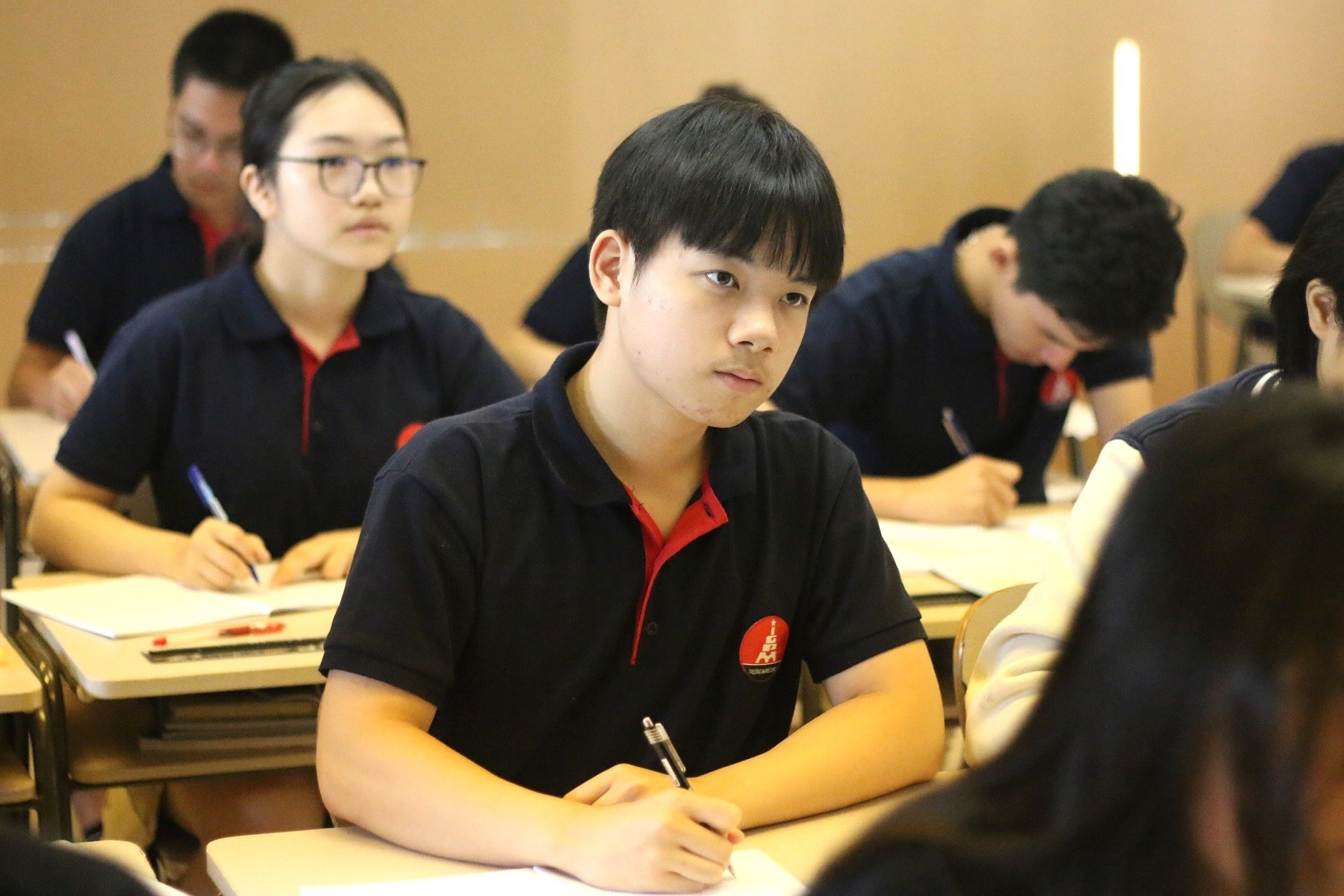





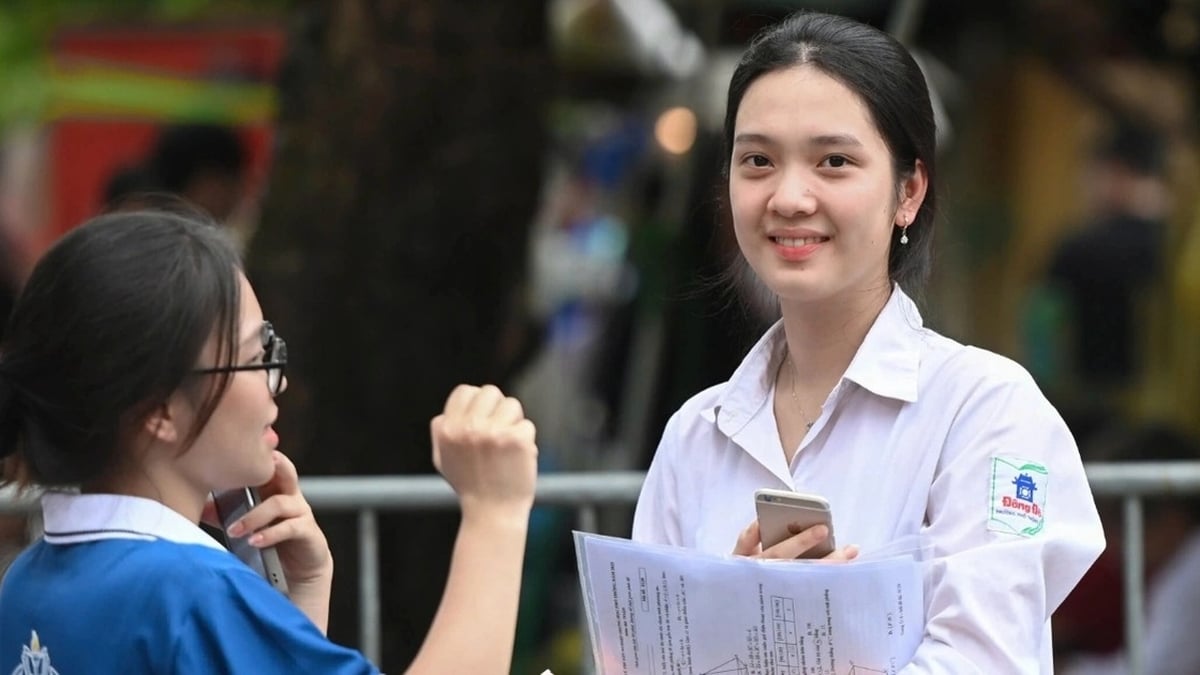


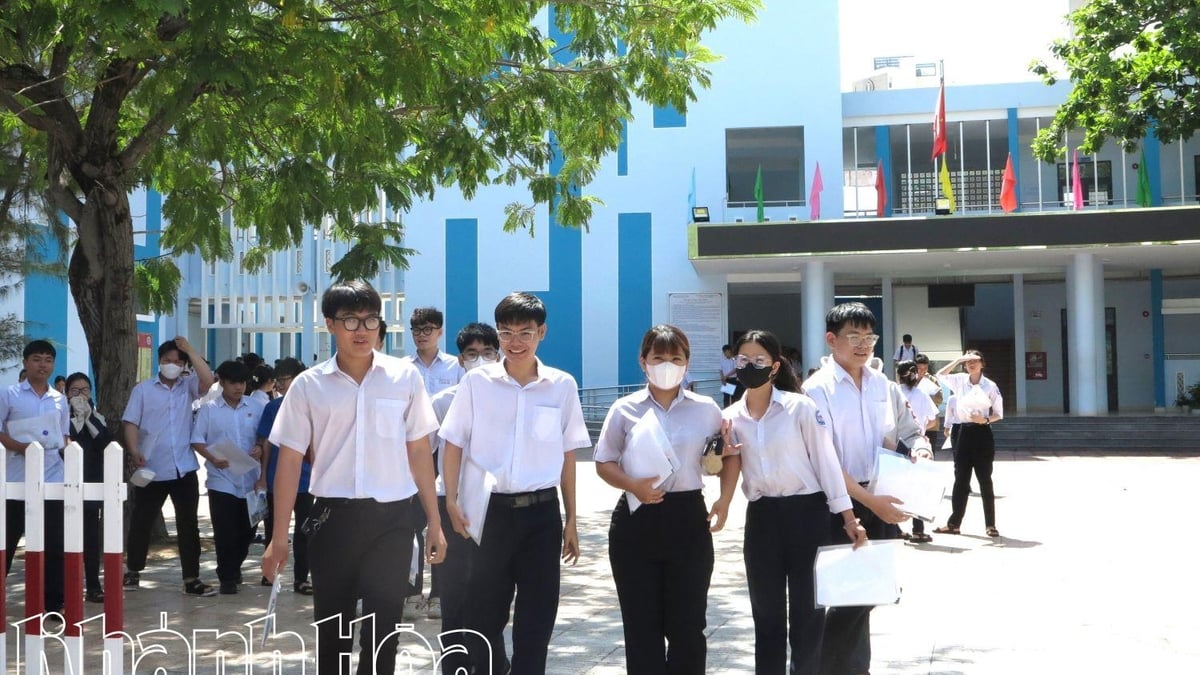

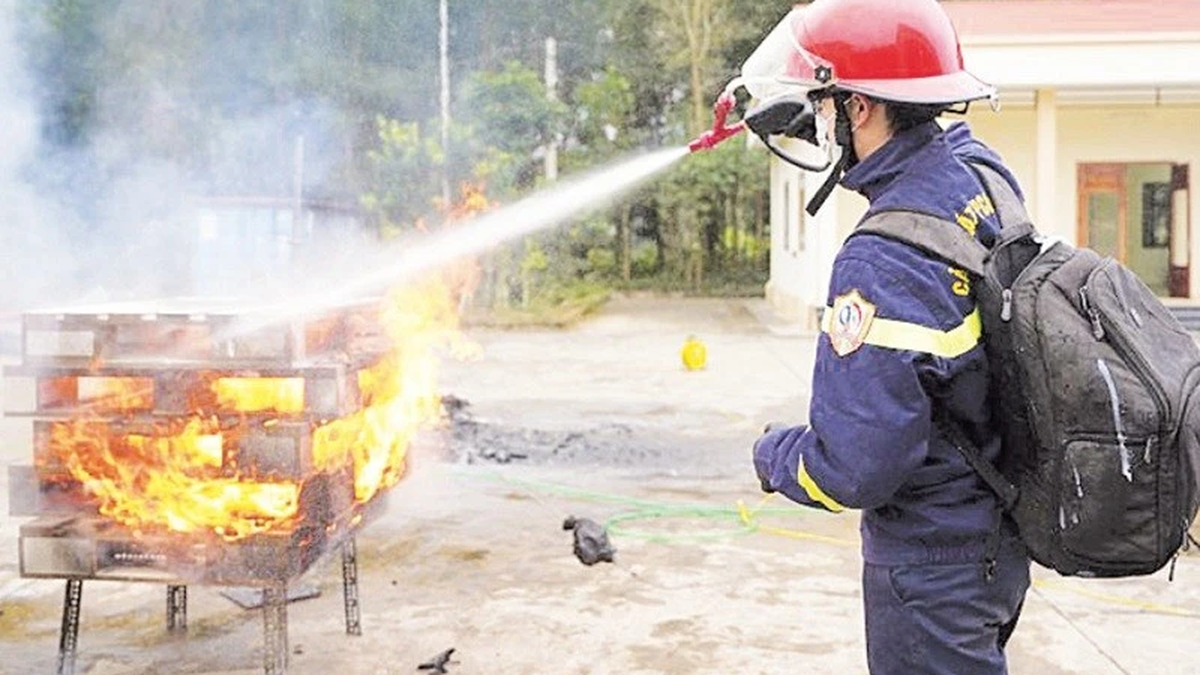



















































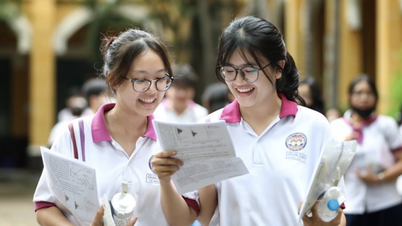



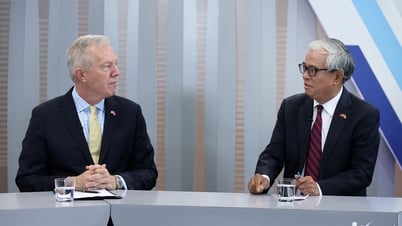









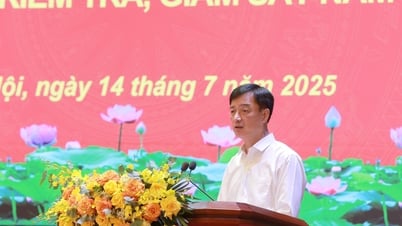
























Comment (0)